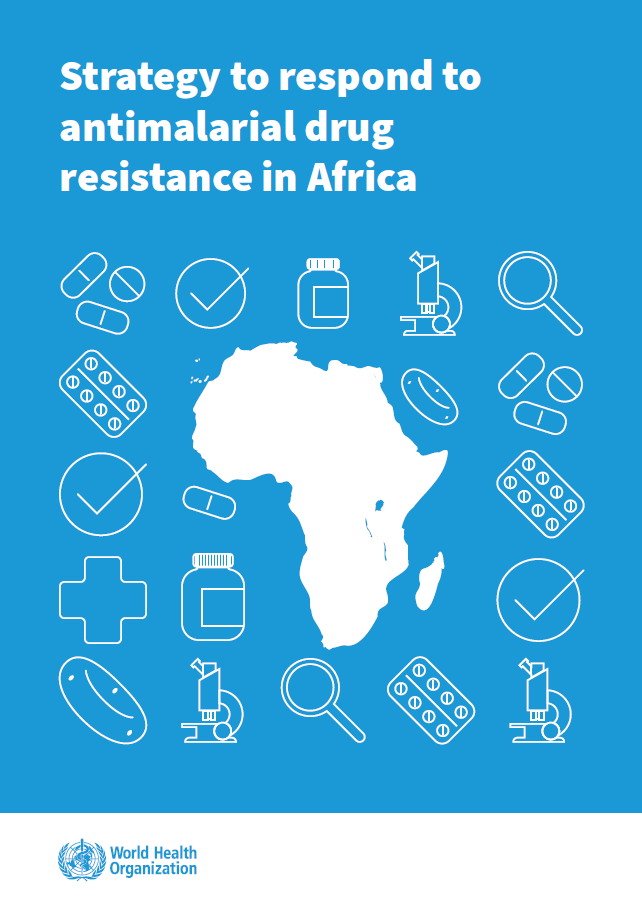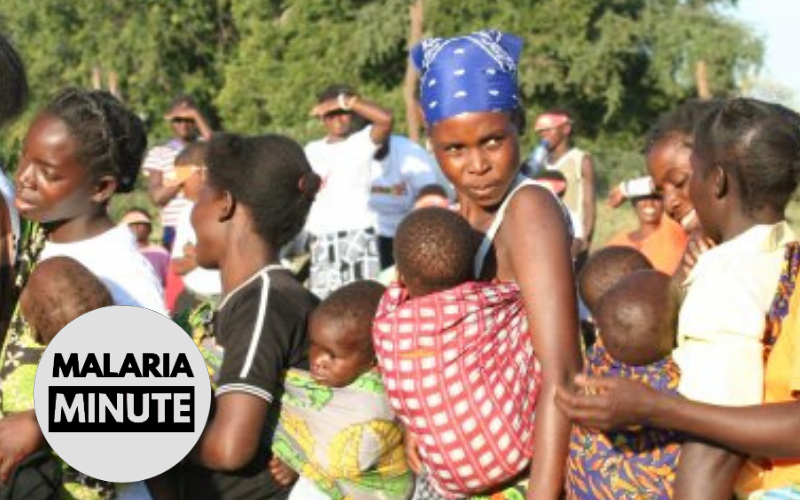Last Updated: 18/06/2024
Tackling the imminent risk of P. falciparum resistance to ACT in East-Africa: are two sequential ACTs better than triple ACT?
Objectives
The aim of this project is to study if treatment of uncomplicated childhood falciparum malaria in Tanzania with two sequential ACTs, i.e. artemether-lumefantrine (AL) for 3 days followed by artesunate-amodiaquine for 3 days (=6 days of ACT), is superior to triple ACT, AL+amodiaquine for 3 days, to ensure parasitological cure/protection against recurrent parasitemia and thereby to prevent ACT resistance.
Muhimbili University of Health and Allied Science (MUHAS), Tanzania
Global malaria case management is presently threatened by P. falciparum resistance to artemisinin-based combination therapy (ACT). While awaiting access to new antimalarial compounds, to replace ACT, it is critical to evaluate new strategies to optimize the use of the presently available ACTs. Two interventions will be compared with standard 3-day AL treatment in a randomized trial, with 140 patients/arm. Study outcomes include crude and PCR adjusted cure rates by day 28, 42 and 56, microscopy and PCR determined parasite clearance, post-treatment prophylaxis, time to recurrent parasitemia, selection of ACT resistance markers among recurrent infections, pharmacokinetic profiles, and safety. The study will be conducted in Bagamoyo District, Tanzania, in close collaboration with partners from Muhimbili University. Project duration is 2 years. The project will contribute with critically needed data on new strategies to prolong the useful therapeutic lifespan of ACT as lifesaving drugs for P. falciparum malaria in an era of imminent ACT resistance risk in East Africa.
Jan 2022 — Dec 2023
$331,476


